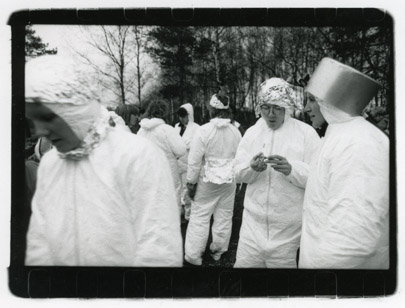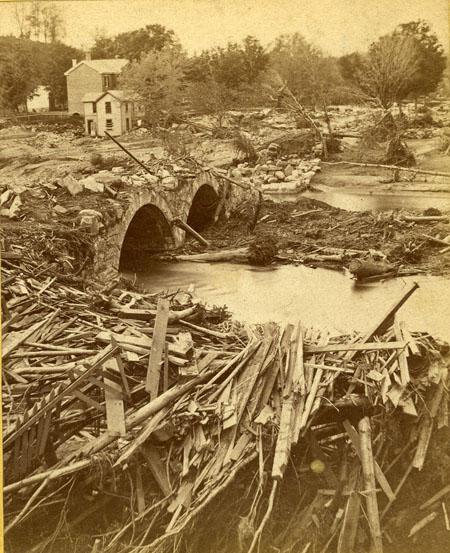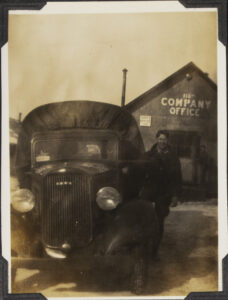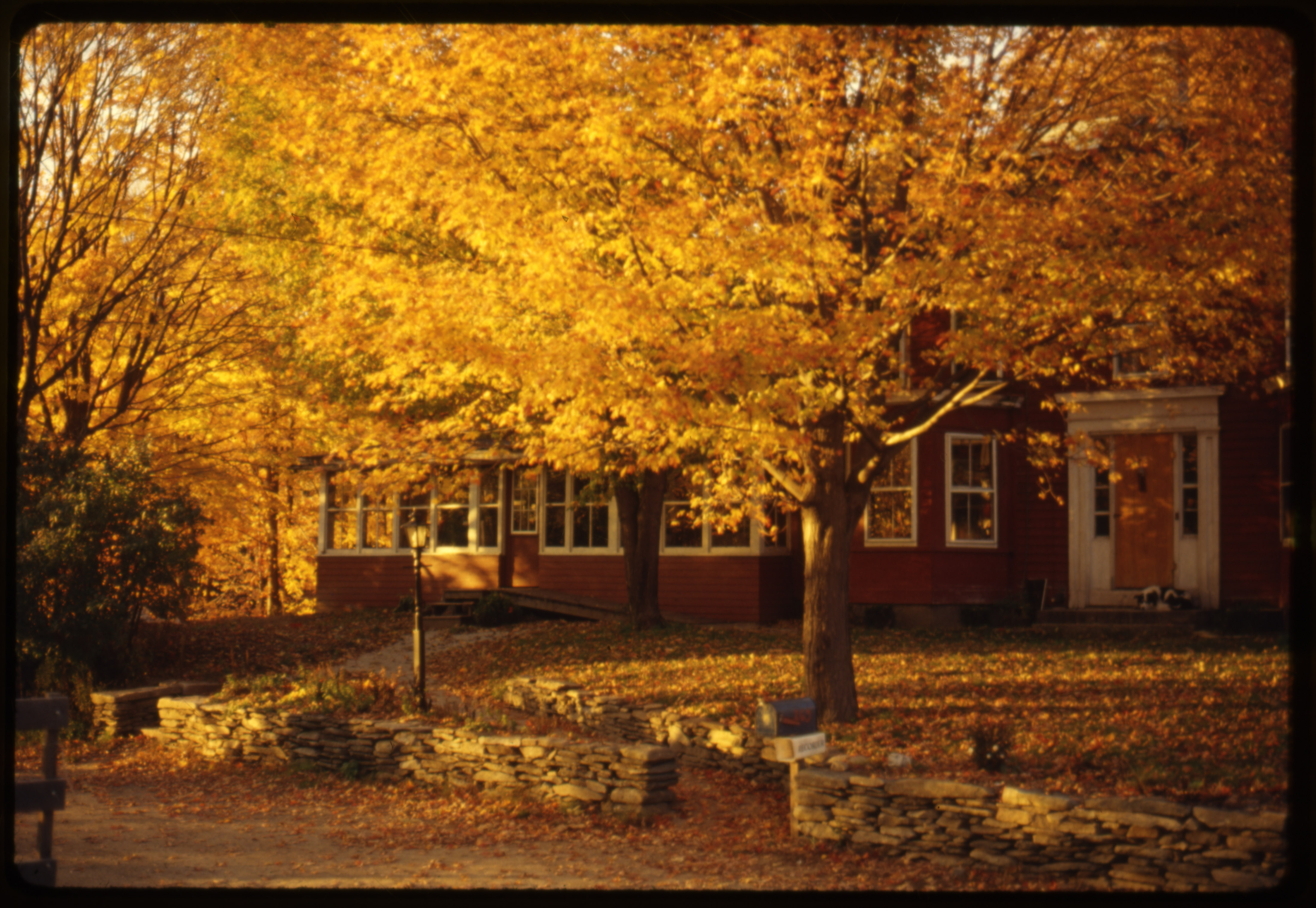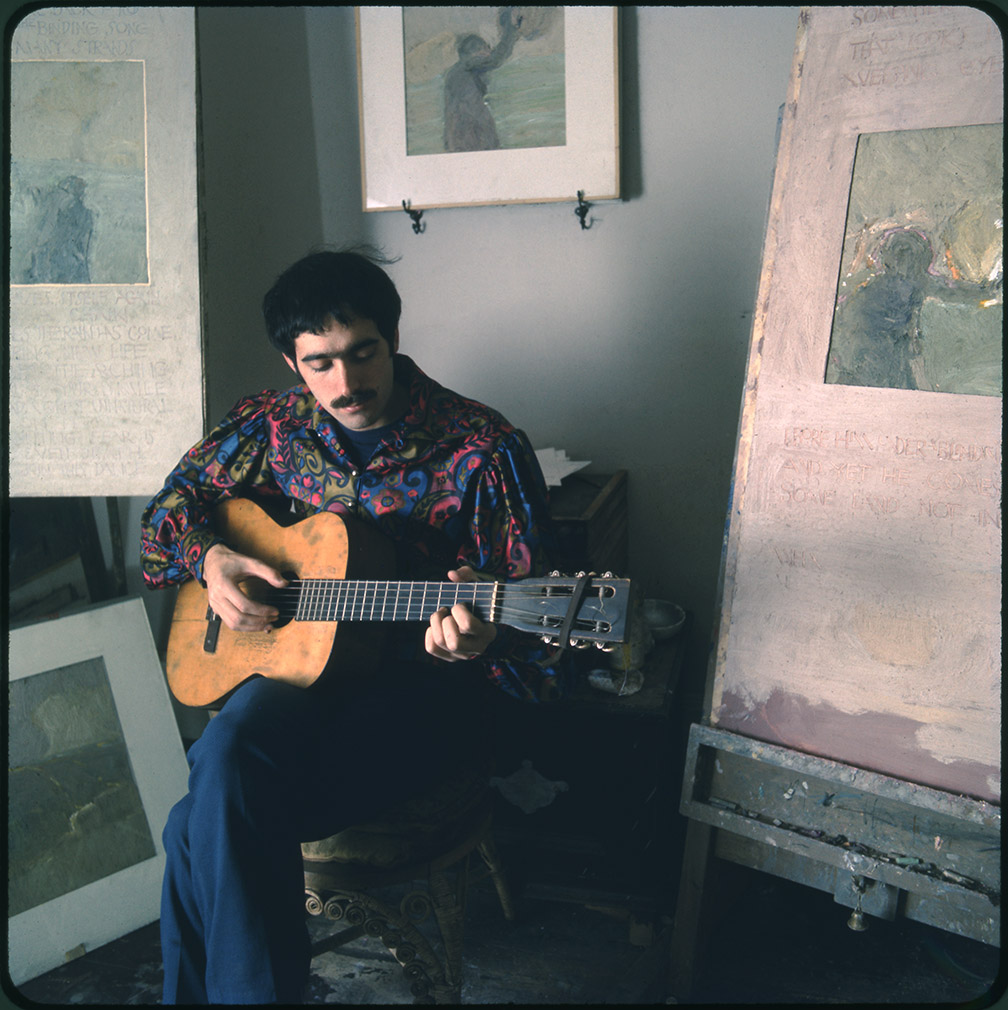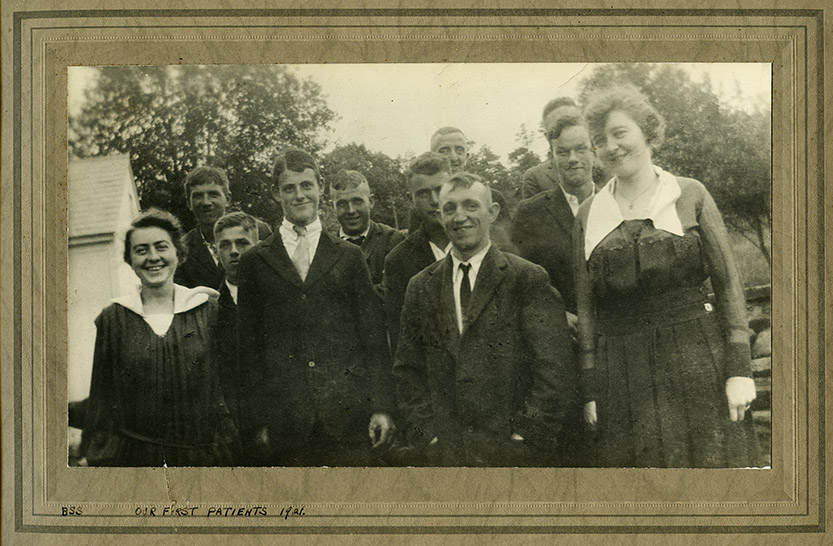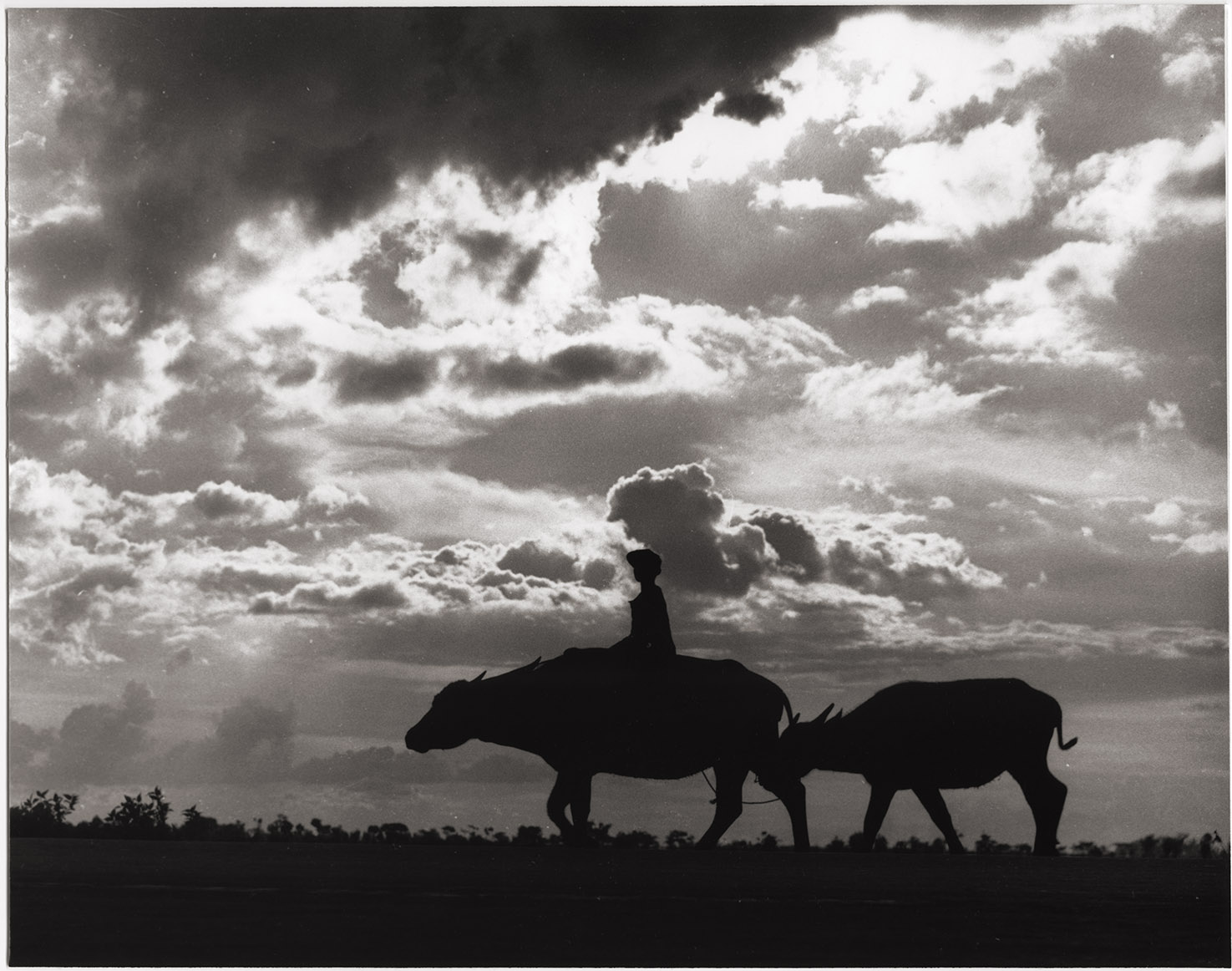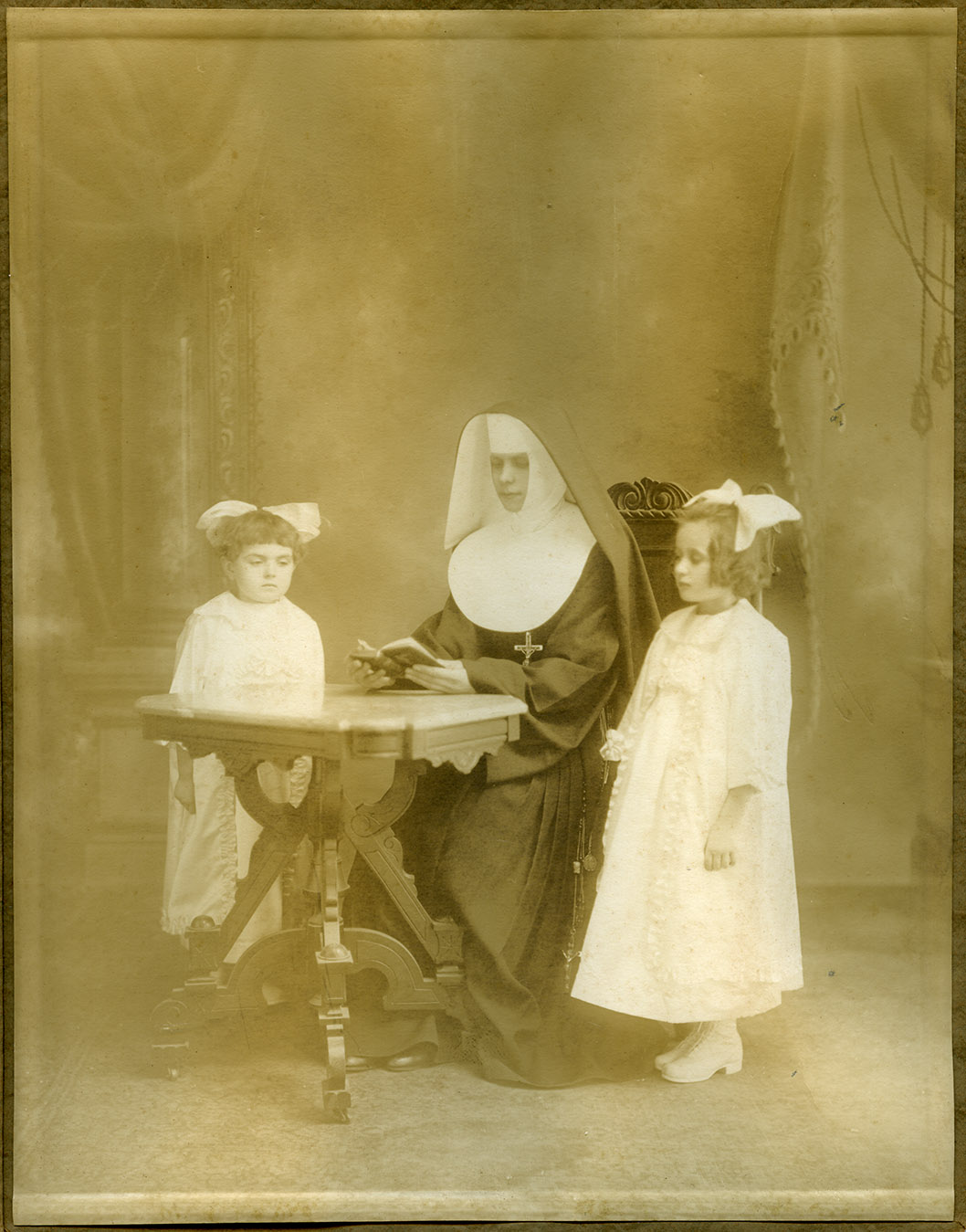Alonzo Klaw Photograph Collection
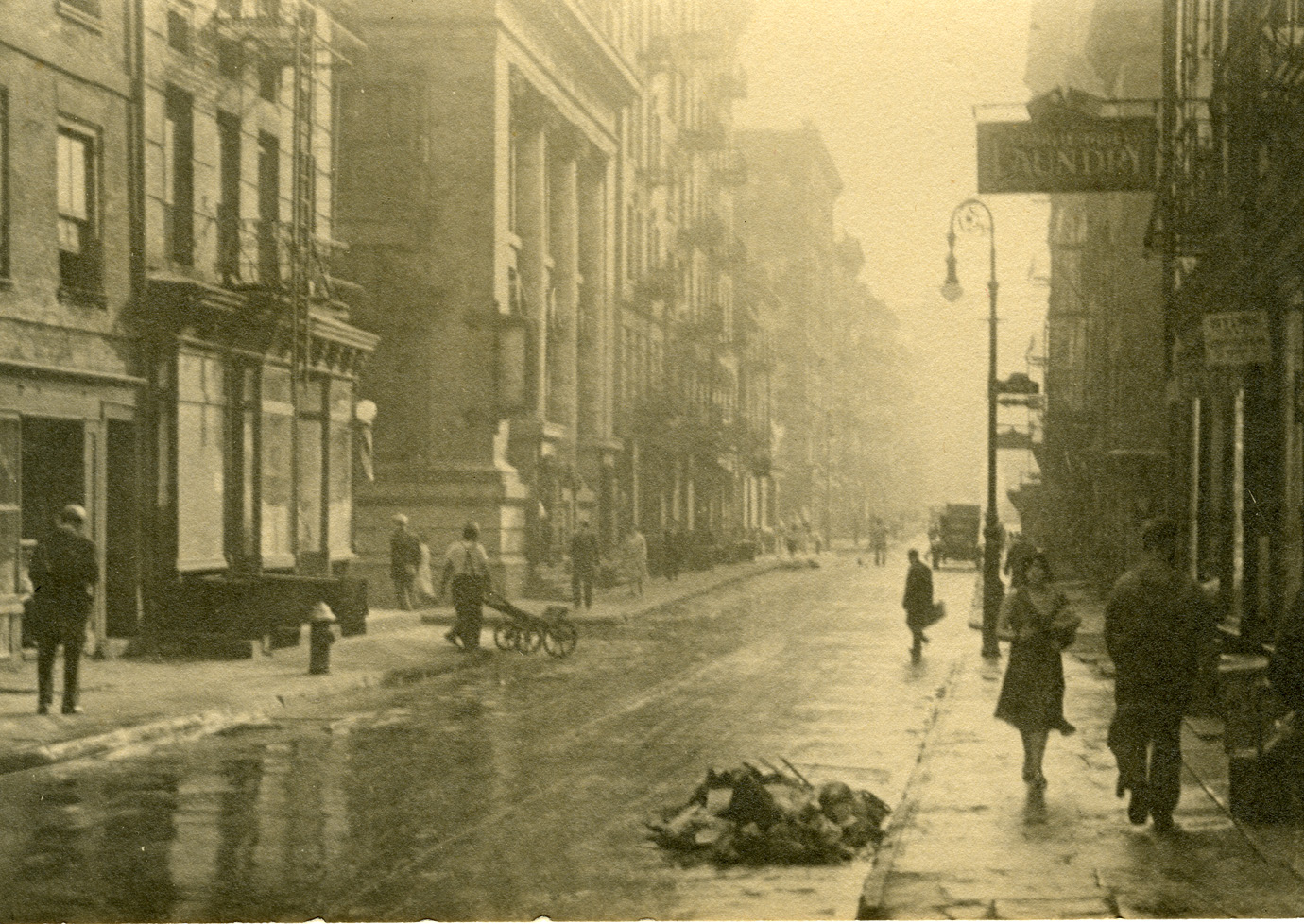
A landscape painter and photographer, Alonzo “Lon” Klaw was born in 1885 to Antoinette Morris and Marc Klaw, the attorney, theatrical impresario, and partner in the powerful Broadway production partnership of Klaw and Erlanger. Lon and his wife Alma (Ash) lived on a farm, Almalon, near Carmel, New York, but spent large parts of each year at their home in Santa Barbara, California, traveling frequently to Europe, particularly after his father’s retirement in 1927.
The several hundred photographic prints from Lon Klaw reflect his interests in landscape and travel and the influence on his work of the Photo Secession on his aesthetic. Approximately half of the collection consists of American views, primarily from southern California, depicting bucolic scenery, grazing cattle, and trees, but there are occasional portraits and views of the built environment in California and street scenes from New York. Taken during a European trip in 1929 or 1930, the remainder of the collection includes images of Cannes and Paris. Klaw typically printed each image several times to produce different visual effects.


